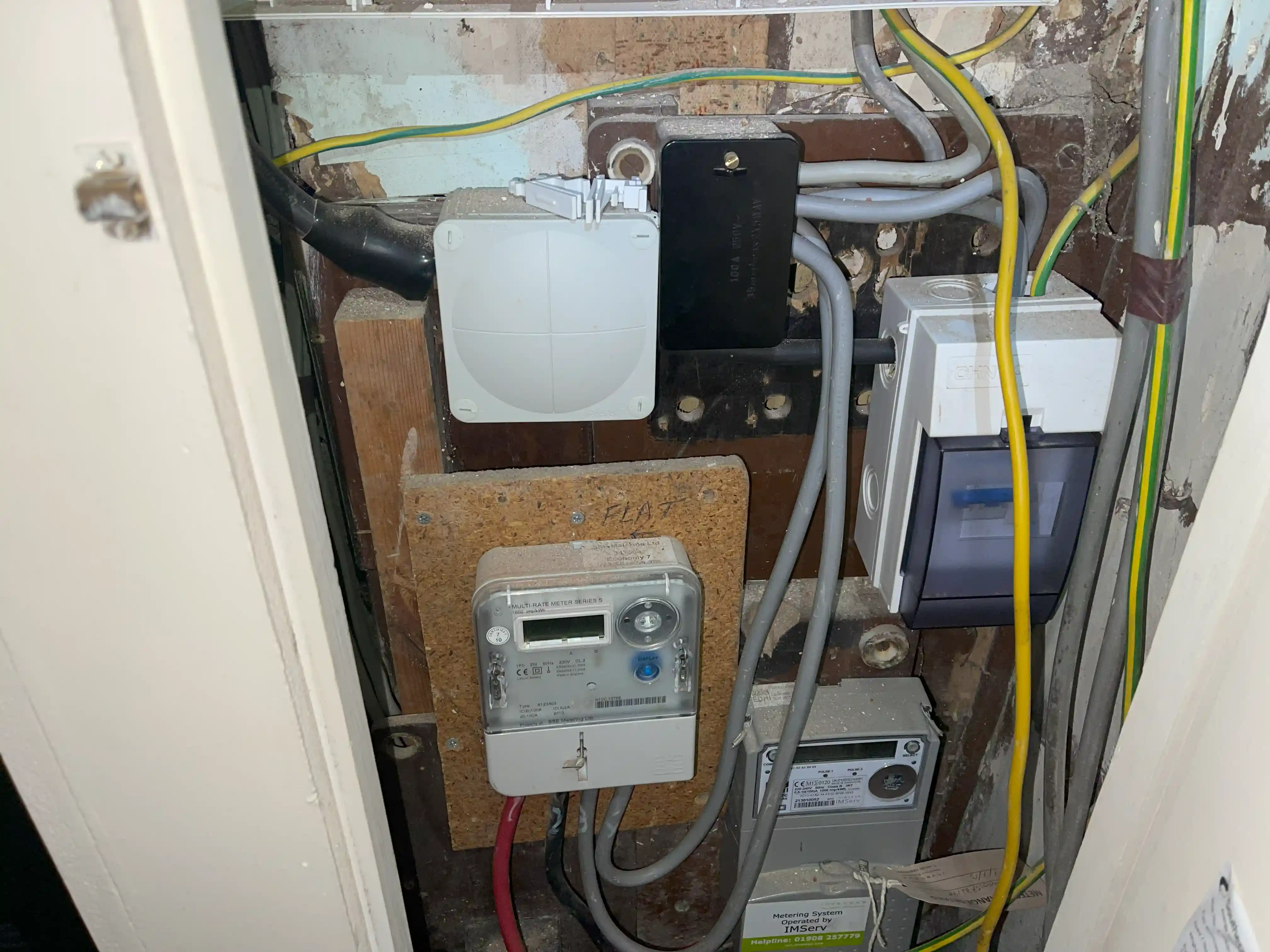Open 24 hours a day, 7 days a week, 365 days a year. We reach you within 30 minutes of your initial contact with our team. Our expert commercial and domestic engineers are fully qualified by City & Guilds to solve emergency problems.
Call Now 02034881842
An electric hot water cylinder is a reliable and energy-efficient solution for providing a constant supply of hot water to your home. Whether used in conjunction with a heating system or as a standalone water heating solution electric hot water cylinders offer several benefits:
Electric hot water cylinders efficiently heat water using electricity providing a continuous and reliable supply of hot water for various household needs including bathing cooking and cleaning.
These cylinders can be installed in various locations within the home such as airing cupboards or utility rooms. The flexibility in installation allows homeowners to optimize space and meet specific hot water demands.
Modern electric hot water cylinders are designed with energy efficiency in mind. Some models feature insulation to minimize heat loss ensuring that the water remains hot for longer periods without the need for constant reheating.
Many electric hot water cylinders come with programmable controls allowing users to set heating schedules based on their daily routines. This feature helps optimize energy usage and ensures hot water is available when needed.
Electric hot water cylinders can be integrated with renewable energy sources such as solar panels or heat pumps. This allows homeowners to reduce their reliance on traditional electricity sources and lower their overall energy costs.
Regular maintenance for electric hot water cylinders is typically straightforward. It may involve checking and replacing heating elements ensuring proper insulation and inspecting controls. This ease of maintenance contributes to the longevity of the system.
Modern electric hot water cylinders include safety features such as temperature controls pressure relief valves and thermal cut-offs. These features help prevent overheating and ensure the safe operation of the system.
Investing in an electric hot water cylinder is a practical choice for homeowners seeking a reliable and efficient solution for meeting their hot water needs. These cylinders provide a consistent supply of hot water while offering flexibility energy efficiency and ease of maintenance.

£30 call-out fee
Competitive Call out fee

Quick response
We can dispatch Our engineer fast to your property within time of 30-90 minutes of your call, and we are available 24/7 365 days.

Payment upon completion of work
We never request payment upfront. With our service, you only pay when you're completely satisfied.

Certified
Our electricians come highly recommended by numerous satisfied customers. Additionally, we hold certifications from esteemed industry trade bodies.
Reach out to us
Choose a suitable appointment
Our engineer is on the way to resolve the issue

We are offering 24-hour a day chat support on the web. Please click the button below to chat with one of our representatives.
Click to Chat With Us
We are offering a 10% discount for the volunteers and workers of the following organizations:
Power Cut
Panel Repair
Fuse Box is Tripping
Power Restoration
Socket and Switch Relocation or Repair
Burglar alarm
Carbon monoxide alarms
Fire alarm
Door entry system
Electric boiler
Underfloor heating
Night storage heaters
Radiator
Heating
Air conditioning
Hot water boiler
Power shower
Storage heater and hot water immersion heater
Hot water cylinder
Immersion heater
Smart thermostats
Hot tub wiring services
Automated gates
Electric shower
Rewiring
3-phase electrics
Car charger
Consumer unit replacement
Fuse box upgrade
In case of electrical problems, call an emergency electrician for fast response to your emergency call, ensuring safety regulations and NICEIC approved quality for a range of electrical services including electrical installations, fault finding, and handling electrical faults such as power outages, electrical fires, or issues with heating electrics; our emergency services cover both domestic and commercial properties, with our emergency plumber ready to assist and guarantee customer satisfaction in home services—company number provided for all your electrical system needs. In the event of an electrical emergency, our emergency electricians are ready to handle all electrical emergencies, whether it's a power outage, electrical fire, or issues with your fuse box or consumer unit. We offer competitive rates for all electrical work, ensuring excellent electrical safety and installation condition for both domestic electrical and commercial electrical needs. As an approved contractor, we pride ourselves on top-tier customer service and reliability.
We provide and handle emergency electrician services as company Grip Electric Limited in Area.
In electrical emergencies, our professional emergency electricians provide top-notch emergency electrical services. Whether it's an electrical emergency with a consumer unit, electrical work, or other electrical issues, our emergency services are designed to handle all types of electrical emergencies efficiently.
£63 per 15 minutes**
Signs that you need to call the electricity supplier rather than an Grip Electric Limited
If
1. All of your switches are up and not tripped in the Fusebox or consumer unit.
2. Check your meter as well that it's topped up,
3. Then, you will need to call an electricity supplier rather than an emergency electrician. Here is a comprehensive list of electricity suppliers and their contact details that we have prepared for you
British Gas, E.ON, EDF Energy, npower, Scottish Power, SSE, SSE Southern Electric, Bulb
Please dial 105 for nationwide electricity supplies UK power network and press 2 for power cuts. If they suggest that you need an emergency electrician, then give us a call or chat with the support team. An emergency electrician will be arranged within 30 minutes. If you are in an area that is not covered, search online for an emergency electrician near me, and you will be able to find someone very close to you.

Terms and conditions
15 minutes service charge applies first hour and all prices are excluding VAT materials